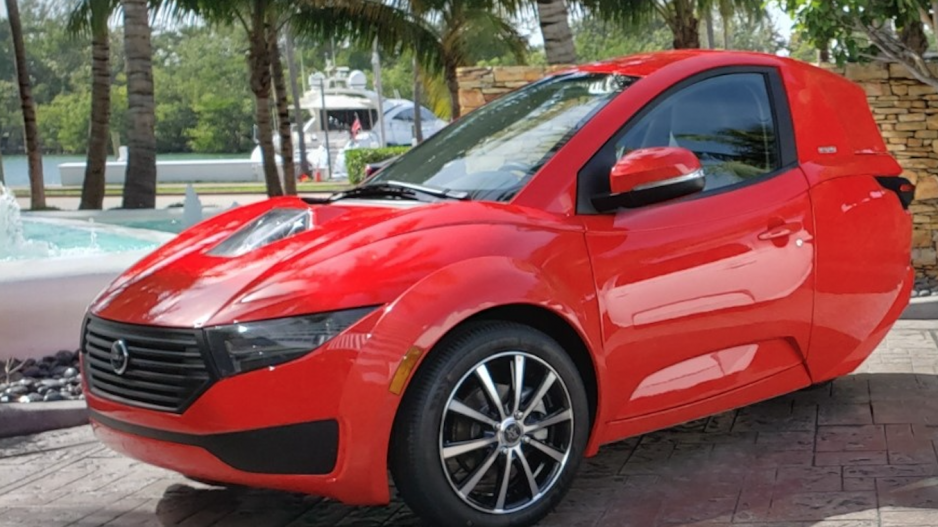Electra Meccanica Vehicles Corp. (Nasdaq:SOLO) will add a second manufacturing plant to accelerate production of company’s electric vehicles, if all goes according to Paul Rivera’s plans.
One facility is already based in China, while the Vancouver-based company embarked last month on choosing a U.S. location for its second facility as efforts to commercialize intensify.
For CEO Rivera, it’s simple math as to why the North American plant won’t be based in the hometown of the carmaker best known for its distinctive three-wheeled, single-passenger electric vehicle (EV) known as the Solo.
“The U.S. market’s a massive market,” Rivera said, adding that the availability of talent willing to hop on board with a Canadian EV manufacturer will be more abundant if the company has an American footprint.
Electra Meccanica has tapped BDO USA LLP to narrow the field, with seven states shortlisted to host the manufacturing plant employing up to 200 workers.
Rivera said advantages such as easy access to highways and rail lines are among the factors being considered.
“As part of the search we’re keen to understand which states are willing to offer us some incentives for us to be there,” he said.
After delivering the first Solo to a customer in 2017, production has been slow to expand for the company.
Former CEO Jerry Kroll originally planned to have 500 vehicles rolled out to passengers within a year.
The company’s latest financials, released in November 2019, reveal a total of 114 Solos have been produced since that first one was delivered to a catering business in New Westminster.
Fifty Solos were produced in China, where investment partner Zongshen Industrial Group is based, while the remaining 64 were made in Canada.
Rivera declined to comment on how many Solos, which are meant to retail for US$20,000, he expects the U.S. plant to produce in the coming years.
Electra Meccanica posted a net loss of $22.7 million through the first three quarters of 2019 after bringing in $461,000 in revenue.
“It is typical, especially with capital-intensive-businesses – automaking is ferociously capital intensive – that until you get to production or start producing at a certain level, your losses are massive,” said engineer Matthew Klippenstein, an EV expert and clean-energy consultant with Electron Communications.
“So I’m sure the company is walking a tightrope. It has walked it fairly skilfully to date.”
He said the key to Electra Meccanica successfully commercializing would be to focus on the niche market of single-person vehicles, ones that could be easily deployed for interurban necessities like car-sharing or food delivery.
“Small cars generally don’t sell well in the United States,” Klippenstein said. “So if large automakers have largely ignored that sector, then there will be a market of some size for people for whom a small commuter car is suitable.”
Electra Meccanica’s commercialization plans call for a slow rollout, first in California as it works its way into markets such as Los Angeles and San Francisco, and then on to Portland and Seattle.
While vehicles shipping out of the Chinese plant are destined for the global market, the Chinese factory will also produce kits that will be assembled at the proposed U.S. plant, for sales in the American market.
“We get one chance to launch a vehicle company, so it’s a very methodical, strategic ramp-up,” Rivera said.




